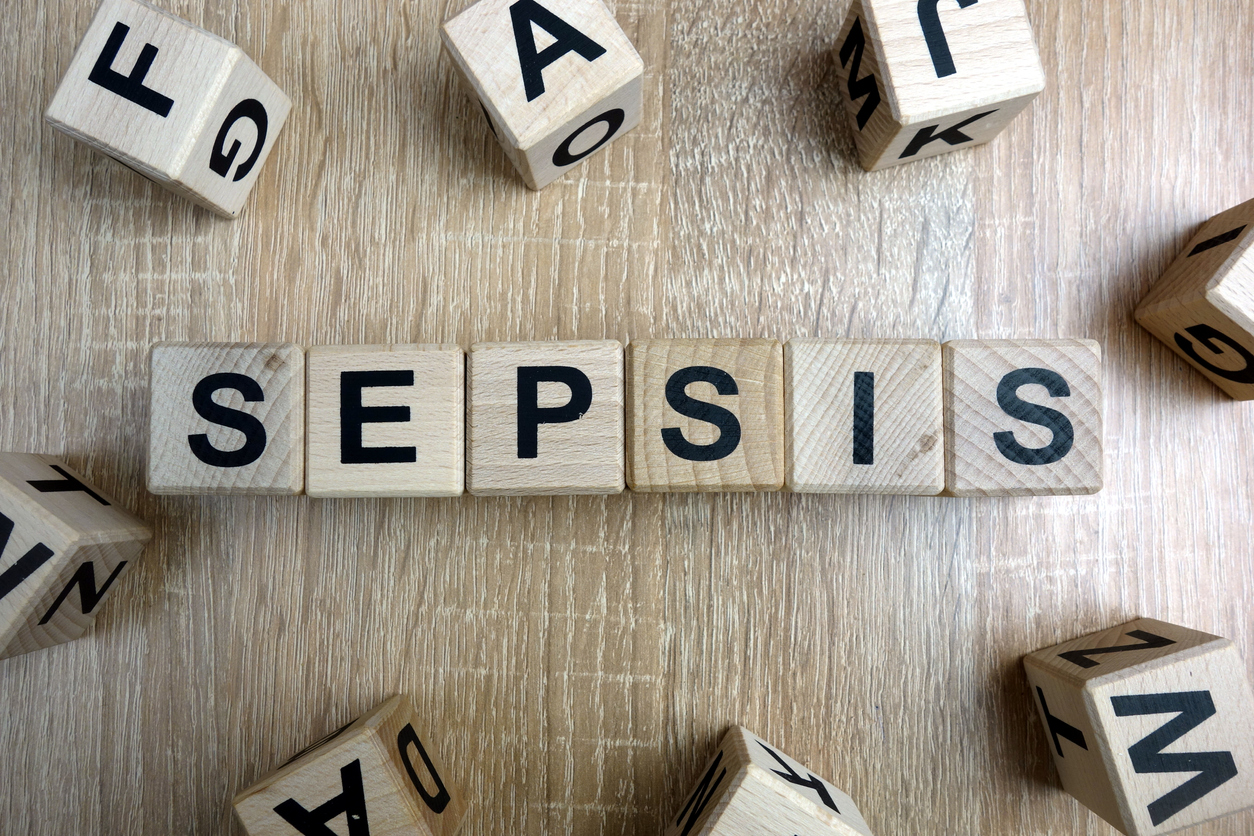2025-01-02
Stress, Microbiota, and Diets: When Bacteria dance to the rhythm of Calories!
Endocrinology and Metabolism
Metabolic and psychological disorders, such as stress and obesity, share
complex biological mechanisms regulated by the gut-brain axis. Chronic stress
disrupts this balance by altering gut microbiota and reducing the production of
key molecules like short-chain fatty acids (SCFAs), which exacerbates
inflammation and stress responses.
Low-calorie diets present a promising opportunity to restore this balance by modulating the microbiota and improving stress management. However, their effects on bacterial diversity remain ambiguous. This study investigates the combined impact of caloric restriction and a clinical psychological intervention (CPI) on gut microbiota and mental well-being in overweight or stressed women.
Each group was further split into those receiving or not receiving CPI. Blood and stool samples were analyzed before and after two weeks of caloric restriction.
Key findings from the study include:
Taxonomic Changes
Some SCFA-producing bacterial genera, such as Faecalibacterium and Roseburia, significantly decreased following caloric restriction. The FXM diet uniquely increased Oscillibacter, a bacterium associated with psychological improvements, suggesting specific beneficial effects.
These findings encourage the development of targeted dietary approaches, combined with in-depth analysis of specific microbes, to create innovative strategies for optimizing mental and metabolic health.
Low-calorie diets present a promising opportunity to restore this balance by modulating the microbiota and improving stress management. However, their effects on bacterial diversity remain ambiguous. This study investigates the combined impact of caloric restriction and a clinical psychological intervention (CPI) on gut microbiota and mental well-being in overweight or stressed women.
Fewer Calories, Less Stress: Could the Microbiota Hold the Key?
In this study, 41 women were randomly divided into two dietary groups:- Very Low-Calorie Diet (VLCD)
- F.X. Mayr Diet (FXM), including magnesium supplementation.
Each group was further split into those receiving or not receiving CPI. Blood and stool samples were analyzed before and after two weeks of caloric restriction.
Key findings from the study include:
- Microbial Diversity
Some SCFA-producing bacterial genera, such as Faecalibacterium and Roseburia, significantly decreased following caloric restriction. The FXM diet uniquely increased Oscillibacter, a bacterium associated with psychological improvements, suggesting specific beneficial effects.
- Mental
Well-Being
Oscillibacter, Faecalibacterium & Co.: In Search of the Perfect Menu for Mind and Body
This study highlights the potential of the FXM diet to favorably modulate gut microbiota, enhance mental well-being, and reduce stress. However, the loss of beneficial bacteria such as Faecalibacterium and Subdoligranulum raises concerns about the long-term effects of low-calorie diets.These findings encourage the development of targeted dietary approaches, combined with in-depth analysis of specific microbes, to create innovative strategies for optimizing mental and metabolic health.

Last press reviews
Sepsis & homocysteine: a biomarker under influence?

#Sepsis #Homocysteine #Biomarker #Mortality #PersonalizedMedicine #Inte...

